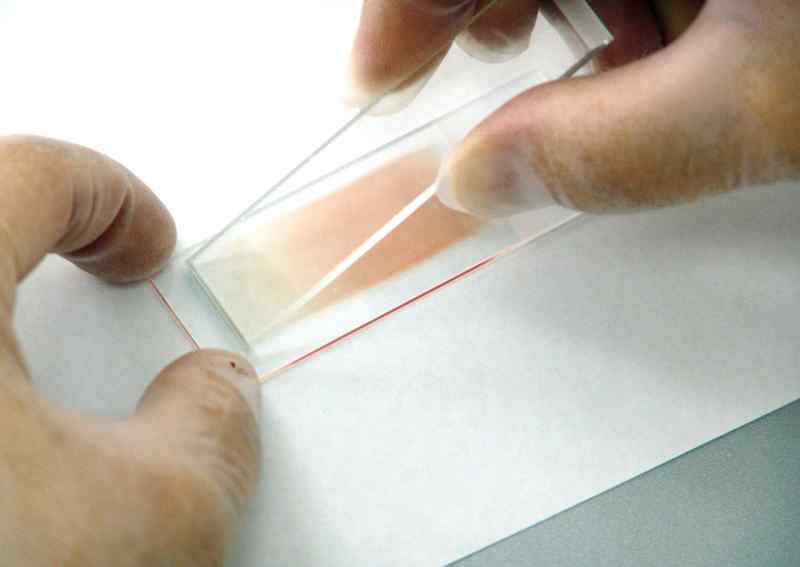Submitted by administrator on
Recently, research had suggested that finger prick tests at local opticians and other such practices could have a dramatic effect on Diabetes Type 2 diagnosis numbers as well as taking a weight off GP's and other medical practices shoulders by performing this simple test.
Opticians Could Begin testing For Diabetes
The research that was carried out noted that these tests were simple and effective enough for non medical or surgical staff to perform, and due to the volume of patients visiting opticians, would make a big difference in diagnosing this disease in an earlier form before more serious symptoms began to show.
However, one concern that was put forward at the time was that as it is quite easy to see fluctuating levels of blood glucose from patient to patient, the test could become misleading. The researchers at Durham University were quick to point out that this test was very much designed to help catch the numbers falling through the net as opposed to being a fail-safe diagnosis tool, but this hasn't stopped leading charity, Diabetes UK, weighing in on the debate and offering their concerned thoughts also.
At a basic level, the finger prick test involves a patient, who is perceived as being a high risk candidate for the disease (factors including being over weight/obesity), receiving a prick of his or her finger for a blood sample. This sample is then screened for its blood glucose levels to determine whether the patient should then be referred on to a GP for further testing. Diabetes UK however, are more eager to highlight the high risk factors themselves with patients and look to recommend anyone in that bracket to seek medical assessment at their earliest opportunity.
The worry that the charity has is that the test can be extremely misleading. As a persons blood glucose level can fluctuate from day to day or even hour to hour, results can be inaccurate. Obviously, if a negative patient receives a positive result, they can suffer unnecessary stress and anxiety until they are assessed by a trained healthcare professional. On the flip side, and much more serious, a positive patient could be given the all clear when in fact they are at serious risk of the disease. Diabetes UK recommend that anyone who has one or more risk factors linked to diabetes Type 2 to see a GP as soon as possible.
Laboratory by Максим Кукушкин (Image)

